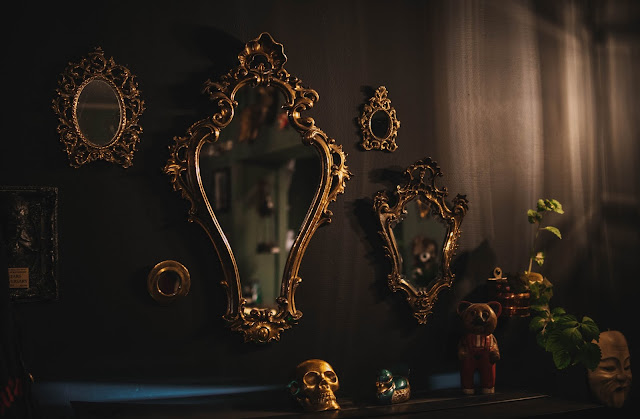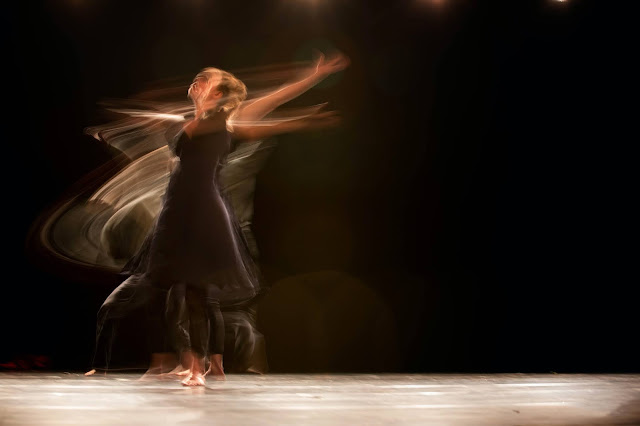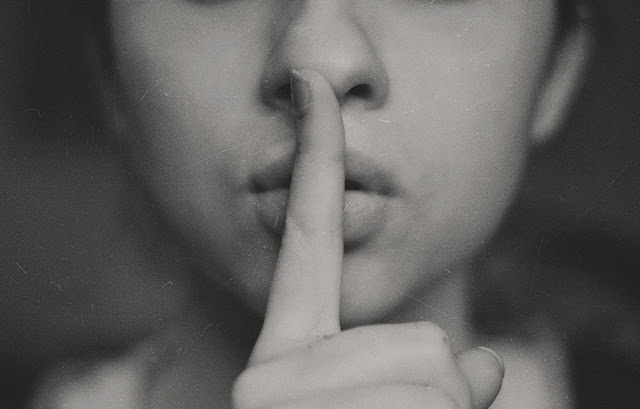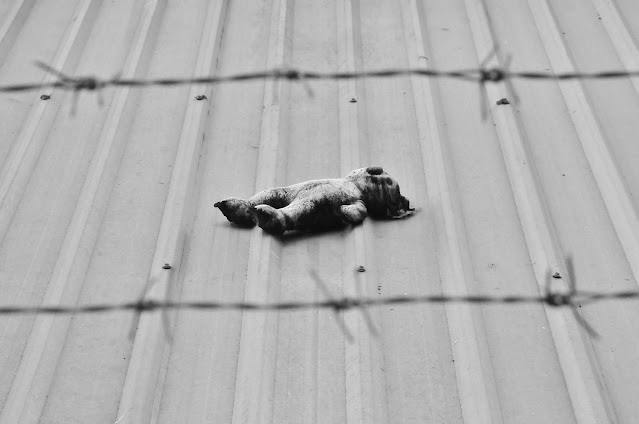Othering Among Alcoholics
 |
| Photo by Tuva Mathilde Løland on Unsplash |
Sometimes when I'm newly sober (let's face it, there have been more times than I can count at this point), I don't so much as want to give shelter to a single thought about drinking. This time, I can hardly control my hunger to consume the stories of others who have alcohol use disorder. Every day, I search out the books, the blog posts, the interviews, and the podcasts. I do so to remind me of my why.
Perhaps I've been looking in the wrong places, but I've had a hard time finding the stories of the people like me. What I need right now are to hear the voices of the women who have consumed alcohol at the levels I did and survived, who were hard drunk 24/7 every day and found lasting sobriety.
While scouring the internet resources, I've noticed a disturbing trend. It used to be that folks would engage in othering to avoid being categorized as alcoholics, "Sure I drink a lot, but I've never had vodka in my coffee cup or drunk dialed anyone."
Lately, I've been seeing first-person accounts take a turn toward this, "You'd never guess I'm an alcoholic. I'm not homeless and dirty and staggering down the street." Perhaps people are now feeling more comfortable talking about their drinking, but they need you to know that they're not that kind of drunk. No doubt there are large doses of socio-economic prejudice coloring this type of sentiment, but it seems to also speaks to the persistent stigma of alcoholism that says it arises from some sort of moral inferiority.
This type of binary thinking keeps all souls affected by addiction from obtaining compassionate care. The truth is that none of us is the typical or atypical drinker, nor the exception to the rule. It is hard for me to believe that anyone who has wrestled with problem drinking, anyone whose life has been touched by an alcoholic, anyone who has loved and lost someone to the disease could look at another human experiencing the turmoil of alcohol, whether holding the finest wine at a cocktail party or unhomed, and not feel how much we are all alike. The reality is that in any freeze-frame with 100 people, what an alcoholic looks like could be represented by any of the faces in the room. To say otherwise is to perpetuate the stigma of alcoholism and to rob every person shamed by addiction of their humanity.



Comments
Post a Comment